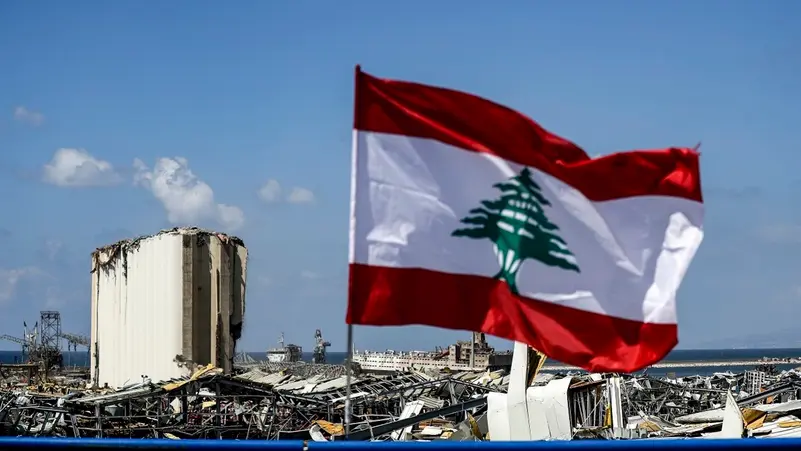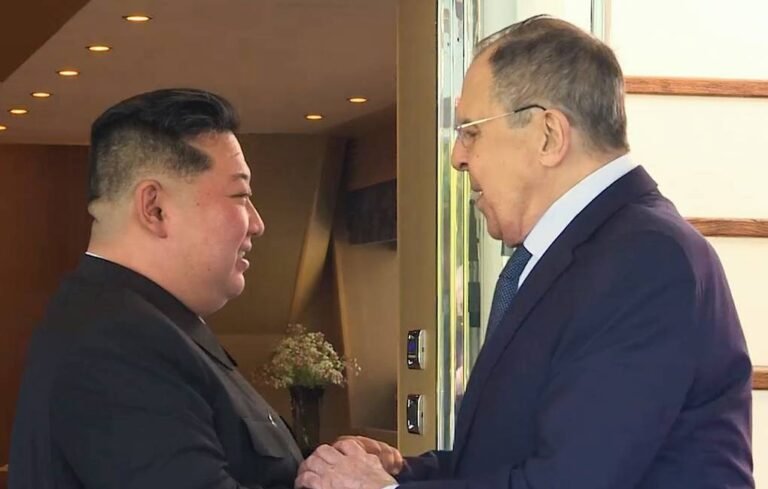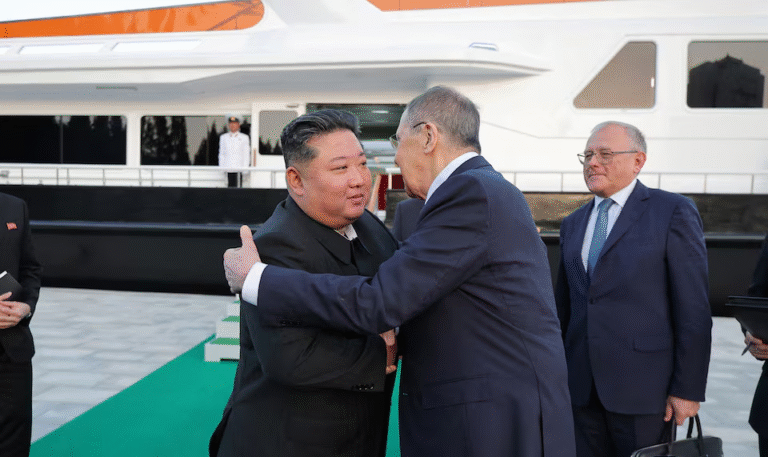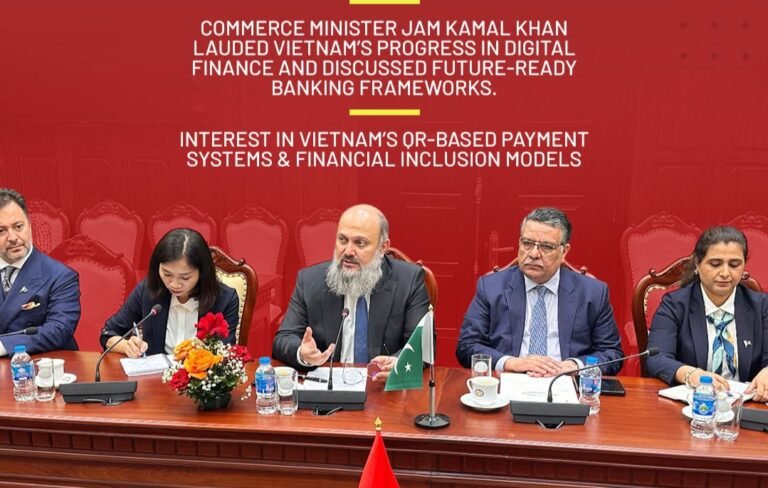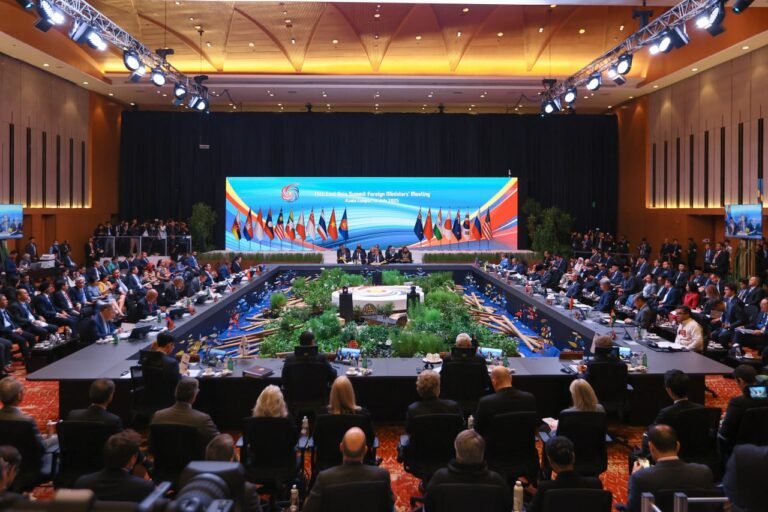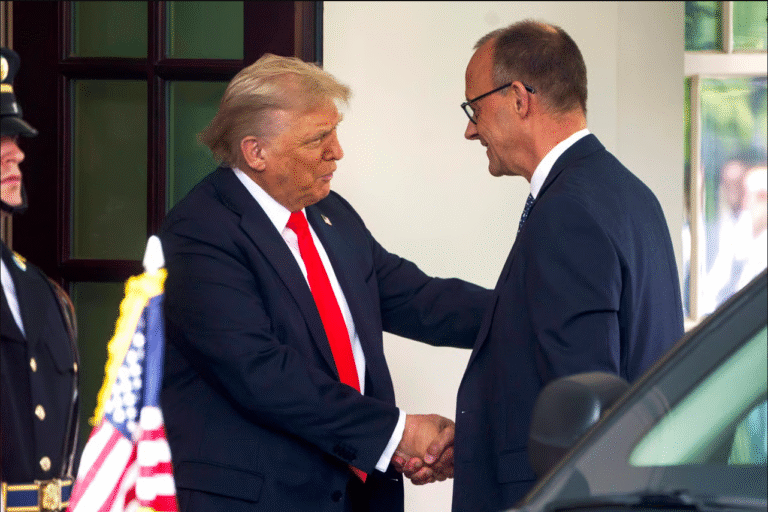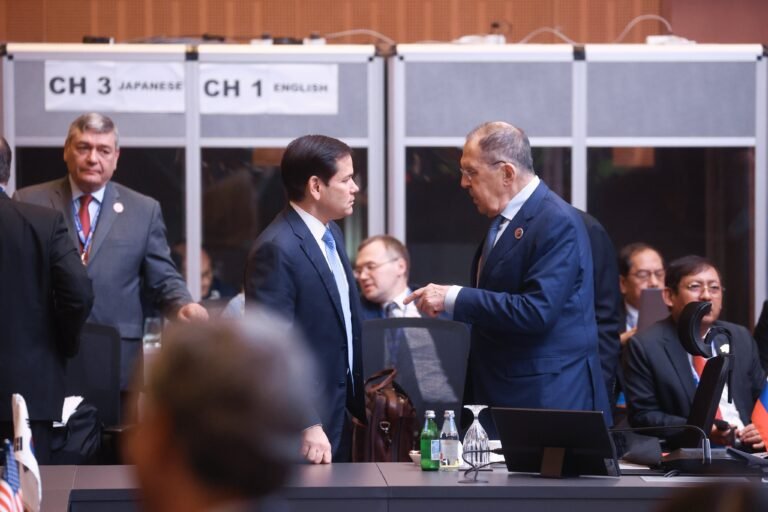Lebanese Armed Forces commander, IMF official among favorites
Lebanon is preparing for Thursday’s parliamentary session to elect a new president, but it remains unclear whether a new commander-in-chief will fill the two-year-old vacancy despite a flurry of shuttle diplomacy to Beirut in recent days.
The country has been without a president since October 2022. Since then, a devastating war between Iran and groups its backs and Israel has reshaped the region. This included the assassination of Hezbollah’s secretary-general, Hassan Nasrallah, who was seen as Iran’s point man for its so-called resistance of axis. Syria’s Bashar al-Assad was also forced to flee after opposition groups toppled his regime at the end of 2024.
Meanwhile, Lebanese politicians have repeatedly failed to elect a new president, each time blaming different external parties and developments.
Lebanese politicians traditionally would look to regional and global powers to help influence their decisions.
US presidential envoy Amos Hochstein landed in Beirut on Monday after spending the weekend in Riyadh discussing the Lebanon file with Saudi Arabia’s top diplomat, Prince Faisal bin Farhan. The Kingdom has a new diplomat at the foreign ministry overseeing Lebanon policy: Prince Yazid bin Farhan, the current foreign minister’s brother.
Hochstein, who met with senior Lebanese officials on Monday and is set to meet opposition MPs on Tuesday, is carrying messages on behalf of the Biden administration and the incoming Trump administration, according to officials and sources familiar with the matter.
Prior to his travel, Hochstein met with National Security Advisor Jake Sullivan and Trump’s pick for NSA, Mike Waltz. The Biden and Trump teams are in agreement over the need for a new president in Lebanon, and Hochstein has the support of the incoming administration, Al Arabiya English has learned.
“It is crucial for Lebanese lawmakers to shoulder their responsibilities and elect a new, competent, reform-minded president. Not doing so will further complicate support for Lebanon by the US and its allies for security, humanitarian and reconstruction aid,” Ed Gabriel, president of the American Task Force on Lebanon, has said.
During the first Trump administration, sanctions were slapped on senior Lebanese figures with ties to Hezbollah and aid was temporarily withheld from Lebanese institutions, including the army. A second Trump administration is expected to continue with its maximum-pressure campaign on Iran and its proxies around the region, which have already been severely degraded due to the ongoing Israeli military campaigns.
French President Emmanuel Macron has also dispatched his own envoy, Jean Yves-Le Drian, to Beirut and several other diplomats have held discussions with Lebanese officials and lawmakers over the last month.
Parliament Speaker Nabih Berri had called on MPs to elect a new president during a January 9 session. Berri holds significant sway over who the new president may be, heading one of the two Shia blocs – the other being Hezbollah.
In previous electoral sessions, Berri was able to maneuver in a way where the quorum would not be met, and the sessions would collapse. At the time of his call for this week’s session, al-Assad had not yet fled Syria, and there was not as much focus from regional countries. However, with the developments of the last month and an incoming Trump administration not expected to pull any punches with sanctions against those blocking democratic processes, Berri is under pressure to keep Thursday’s session open until a president is elected.
Hezbollah publicly said over the weekend that it had a veto on only one candidate: Lebanese Forces (LF) head Samir Geagea. Hezbollah’s preferred candidate has been Sleiman Frangieh, a politician from North Lebanon, who had close ties to Syria’s now-deposed al-Assad regime. Frangieh failed to garner the necessary votes in previous electoral sessions.
Geagea, a fierce critic of Hezbollah and has the largest Christian bloc in Parliament, was accused by the group of being a “civil war project.”
However, his chances of becoming the next Lebanese president are slim. According to analysts and officials, the Lebanese Armed Forces (LAF) commander and a former Lebanese finance minister are the candidates with the highest probability.
LAF chief, Gen. Joseph Aoun, is preferred in Washington and has the support of most of the international community. A constitutional issue poses an obstacle to his election by the 128-member Parliament. He needs 86 votes because of his position as a senior public servant as opposed to 65 for others.
Aoun was recently invited to Saudi Arabia to meet with senior defense and military officials there, including Defense Minister Prince Khalid bin Salman. He has also spearheaded efforts to win support for the LAF, which is currently executing the task of deploying across southern Lebanon as Israeli forces withdraw from occupied lands after its war on Hezbollah.
“There is mass public support for Joseph Aoun. He is the front-runner among MPs and, obviously, from all delegations [coming to Beirut], a favorite for the international community. With an alignment of all three, this could be a presidency that can help relaunch Lebanon toward a path of stability and prosperity,” Marc Daou, an independent MP, told Al Arabiya English.
Jihad Azour, the former Lebanese finance minister and current International Monetary Fund (IMF) official, has seen his odds increase lately. He had previously been the candidate of most opposition MPs, including the LF when faced with Frangieh. Hezbollah blocked Azour’s election, claiming he had no political program and has dubbed most candidates other than their own as “confrontational.” But they have signaled that they may be open to Aoun in recent days.
Other candidates who have seen their names thrown in the mix but do not have high chances include Elias Baysari, the acting head of the General Security; Samir Assaf, a businessman with close ties to French President Emmanuel Macron; and Georges Khoury, a former Lebanese ambassador and Army intelligence head.
Neemat Frem, an MP who declared his candidacy last month, said Monday that he and other so-called centrist MPs would vote for the LAF commander if consensus was reached. He claimed that Aoun’s candidacy would “be at the forefront of what US envoy Amos Hochstein brings to Lebanon,” according to Lebanese daily L’Orient Today.
Some analysts believe Hezbollah and Berri’s Amal Movement could hold out and bring a third candidate to the ballots on Thursday. Others think a first electoral session may not see Aoun get the needed votes, but a second round may, or even Azour, the IMF official, garner the 65 votes he would need.
If and when a new president is elected, he will immediately face several obstacles, including tapping a prime minister to form an acceptable government to lawmakers.
“Lebanon’s next presidency will either possess the minimum requirements to lift the country out of the rubble of the catastrophes it has faced, or Lebanon will burn for good this time around,” prominent journalist and deputy editor-in-chief of Lebanon’s Annahar said in an op-ed.

